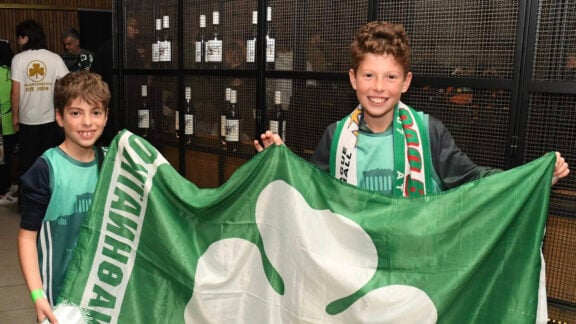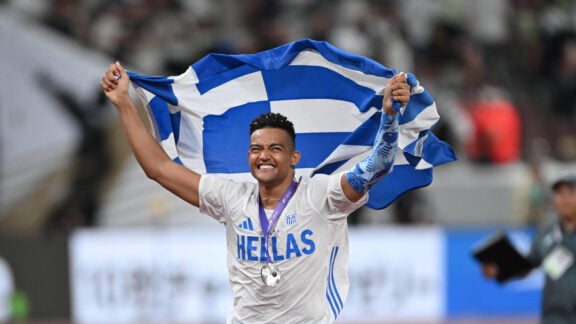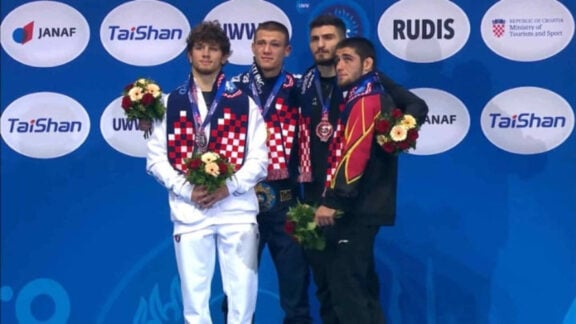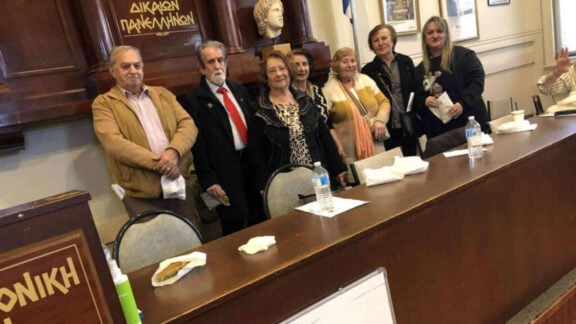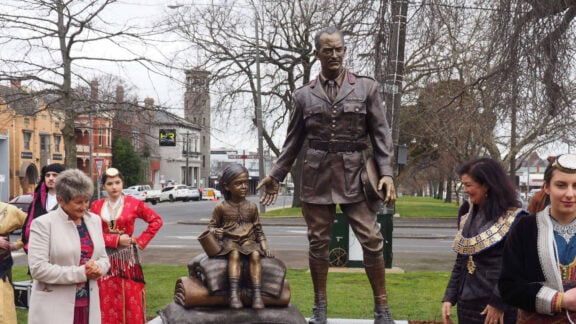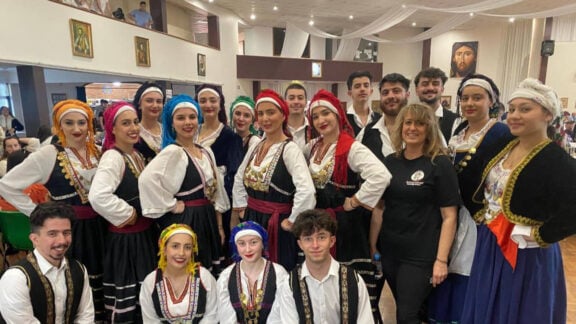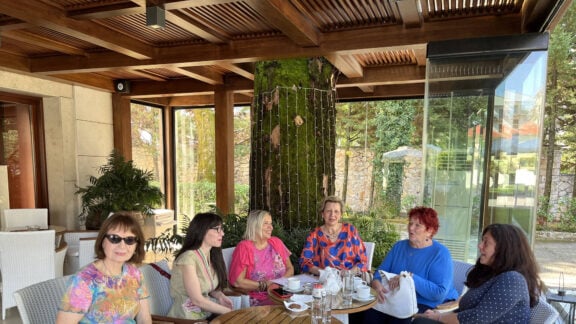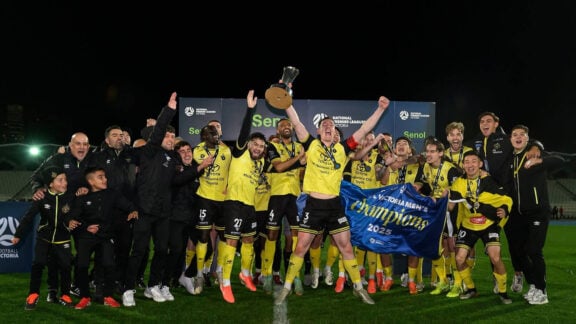Former Socceroo Stan Lazaridis is only too happy to give something back to the sport which has given him some of the happiest moments of his professional life. To this end, he hopes to put his knowledge and experience as a professional footballer at the service of the FFA for the benefit of the game in this country.
Last week the FFA announced the appointment of Lazaridis, together with former Matilda Kim Schaefer and former AIS head coach Ron Smith, to the Football Development Committee (FDC), an FFA board subcommittee set up to provide advice to the FFA board, particularly in relation to technical skills and football development at all levels.
Following the announcement, Lazaridis spoke to Neos Kosmos about the appointment.
“I’m really happy to be involved; I’m very passionate, I love Australia. I loved playing for Australia. It was the best time of my life; I hope Ican come back now to contribute something as well,” he said.
Lazaridis, who says he speaks as he played the game – from the heart – added: “I guess my role is giving knowledge and expertise from a player’s point of view. You have people on the board who are so brilliant in their own fields, but they don’t understand how it is to be a player and how people are thinking. This is all about just trying to make us better as a team.”
Lazaridis’ talent as a pacey left sided winger and defender earned him 60 Socceroo caps, including selection for the 2006 World Cup finals squad, which was part of the so-called Golden Generation, as well as over 250 games for Birmingham City and West Ham United in the Premier League and Championship.
On the question of development of younger players, he said he believes the game here still faces some challenges, particularly in developing exceptionally talented players.
“I think Ange (Postecoglou) is doing a wonderful job for us. He’s not afraid to give the young guys a go and train them up. He’s developing a system that all the young players are playing.
“It’s also what’s happening lower down. Where’s our future? How are we going to get the next Tim Cahills and Harry Kewells? We’re competing with other codes. What do we have to do to try and make all this happen.
“Then you look overseas and say, well, what are they doing over there? Why is it Japan is continually growing? What are they doing that we’re not doing? You go to Holland or Germany or parts of Africa. They’re plucking kids out at nine, 10 years old and they’re developing them and they become superstars. I guess from our point of view, we’ve got to look at how we can do something similar.”
But he does agree that the A-League and becoming part of the Asian Football Confederation has given Australian players more opportunities to develop their professional careers.
“A lot of the players who played in the A-League, once they get their exposure, they end up playing in Asia, the natural route for a lot of our boys as opposed to when it was me and the Vidmars and all these guys, when there was never Asia around as an option,” he said.
In Lazaridis’ day, players were forced to look to some of the minor European Leagues for a way to break into professional football overseas. “But those days have changed,” the player observes, “because we’re in Asia and then from there, players are doing really well and being signed at the big clubs, whether it’s Holland, Italy or England.”
However, Lazaridis believes that despite the continued growth of the A-League, the lure of an overseas career for aspiring young players will continue to draw the best young talent overseas.
“The players are always going to be thinking ‘I can be better by playing in a higher and better league’. You never want to die wondering. You want to say, ‘you know, I wanted to play for Barcelona. So if I can play for Barcelona or Man United, why not?’ So a player has got to push himself as high as they can,” he says, adding that the potentially greater financial rewards to be gained by playing overseas is another pull factor, while the A-League has to have financial restrictions to be financially sustainable.

